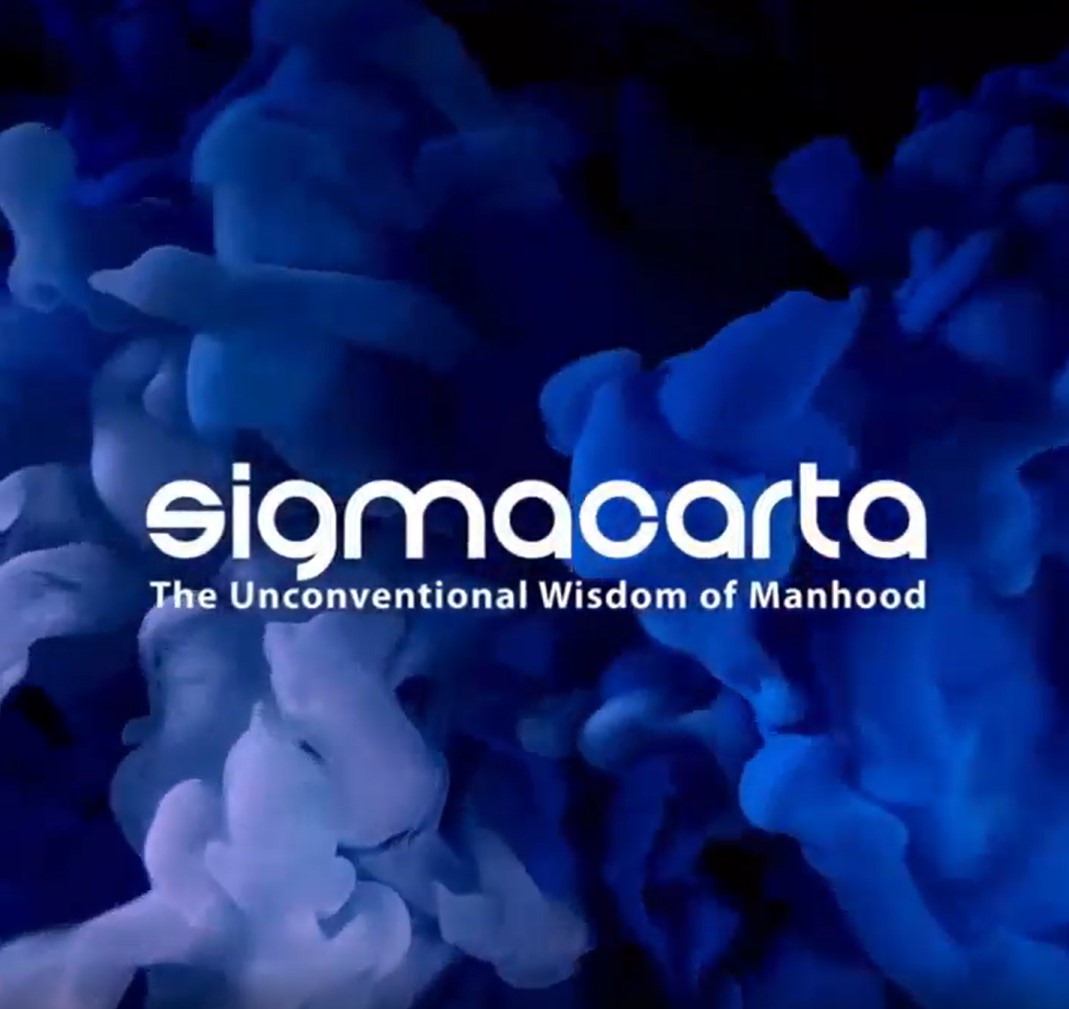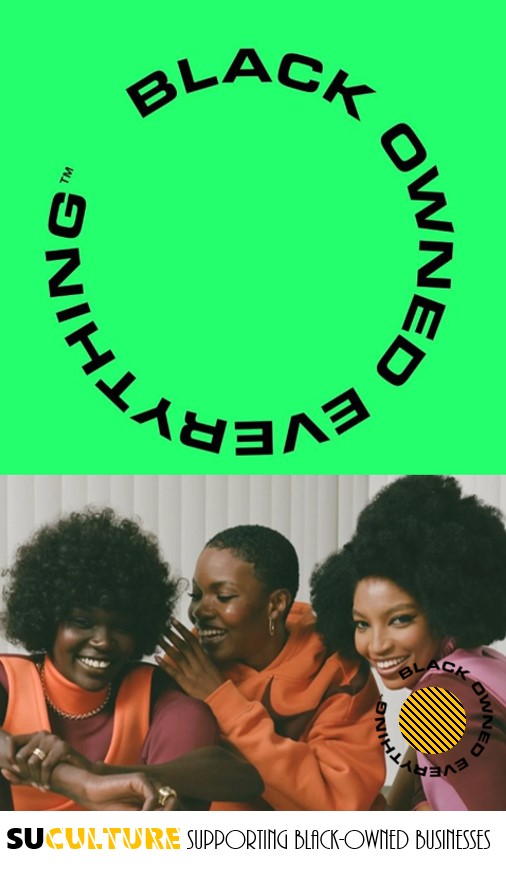Black artists and performers have a long-standing history of leveraging their creativity to influence culture, trends and provide education – including “Rock n Roll’, R&B, Country Music, Hip Hop e.t.c
The origins of Black involvement in country music can be traced back to the banjo, which has its roots in West Africa. The contemporary banjo is descended from instruments like the Kora or Akonting, which were crafted from gourds and date back over 700 years, showcasing a rich history of string instruments.
“Cowboy Carter” confronts the racist origins and factual inaccuracies within country music. During the early 1800-1900s, Black individuals were the pioneers of country music, fusing together elements of blues, gospel, and folk music.
Afro, African American, and Black American are among the various “umbrella” terms commonly used to describe individuals of Black/African descent in the United States.
Over generations, this demographic of Americans have evolved, balanced and integrated their diverse historical customs, dialects, and ancestral spiritual influences. They have also embraced new elements and influences, contributing to the formation of their unique and vibrant national culture. This cultural identity arguably began to solidify and experienced innovative growth after the Great Migration.
Existence of modern and ancient influences of Black/African music in country music, rock n’ roll and Blues can be traced to Muddy Waters; Chuck Berry; Rosetta Tharpe; Tinariwen; Jimmy Hendrix; Chester Arthur Burnett; Big Mama Thornton; Lesley Riddle, influencing artists like Elvis Presley, Mick Jagger; Keith Richards; Alvin Pleasant Delaney Carter; Ezra J. Carter e.t.c.









